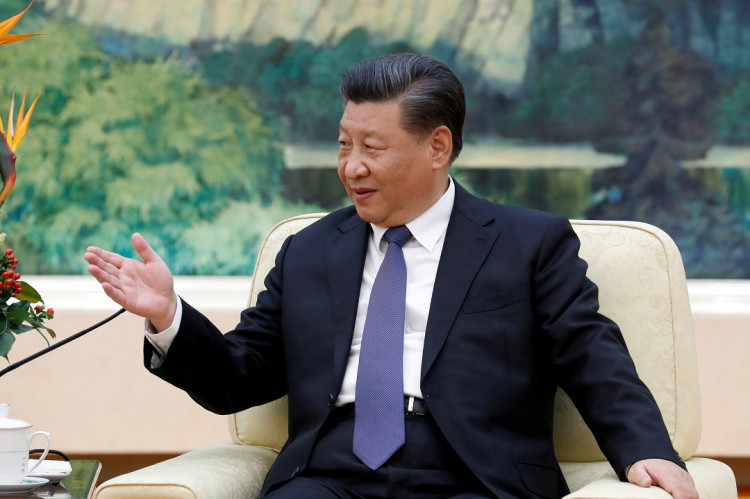Chinese President Xi Jinping has called on Macau to diversify its economy, urging the world's largest gambling hub to shift focus away from its casino-driven revenue model. The statement came as Xi attended the inauguration of Macau's new Chief Executive, Sam Hou Fai, during a ceremony marking the 25th anniversary of the territory's handover from Portugal to China.
Macau, a special administrative region like neighboring Hong Kong, has long relied on gambling as the cornerstone of its economy. Casinos account for roughly 80% of the local government's tax revenue, with tourists from mainland China fueling the industry's dominance. However, Xi stressed the importance of economic reform, noting the need to cultivate industries with international competitiveness to ensure Macau's long-term stability.
During the event, Xi emphasized the challenges posed by Macau's dependency on gambling revenues, describing the global and domestic environment as undergoing profound changes. He urged Macau's leadership to focus on industrial development planning and policies that support investment in new sectors. Xi also highlighted the importance of providing opportunities for the younger generation, stating that the region must create better conditions for their growth and aspirations.
Sam Hou Fai, the new Chief Executive and Macau's first leader born in mainland China, acknowledged these challenges in his inaugural address. He vowed to take immediate action to address Macau's unbalanced economic structure, which has limited opportunities for residents outside the tourism and gambling industries. Sam, a former senior judge fluent in Portuguese, was the only candidate approved by Beijing to run for the position, reflecting China's strong influence over the region's governance.
Macau has seen significant economic growth since its 1999 handover, largely due to its position as China's only legal gambling destination. However, critics argue that the prosperity has come at a cost. Easy money from gambling has stifled innovation, discouraged diversification, and left many residents dependent on personal connections rather than civic participation to navigate challenges. Youth in the region have expressed concerns over limited career prospects in an economy dominated by tourism.
China's central government has made integrating Macau into its broader regional economic strategy a priority. The Greater Bay Area initiative, which seeks to link Macau, Hong Kong, and nine cities in Guangdong province into a unified economic hub, is a cornerstone of this vision. As part of these efforts, a special economic zone on Hengqin Island has been established to foster non-gambling industries such as finance, technology, and Chinese medicine. The zone is projected to host 120,000 Macau residents by 2035.
Xi's visit underscored Beijing's broader ambitions for Macau's development. During his three-day stay, he toured the Hengqin economic zone, met with regional leaders, and attended cultural performances. Xi called for Macau to play a more active role in China's international engagement while strengthening its internal development.
Macau has largely avoided the political turbulence seen in Hong Kong, though Beijing has tightened control in recent years. Pro-democracy vigils have been banned, and national security laws have been strengthened to curb dissent. Xi reiterated that national sovereignty and security are paramount, urging residents to prioritize stability and unity as the region moves forward.






